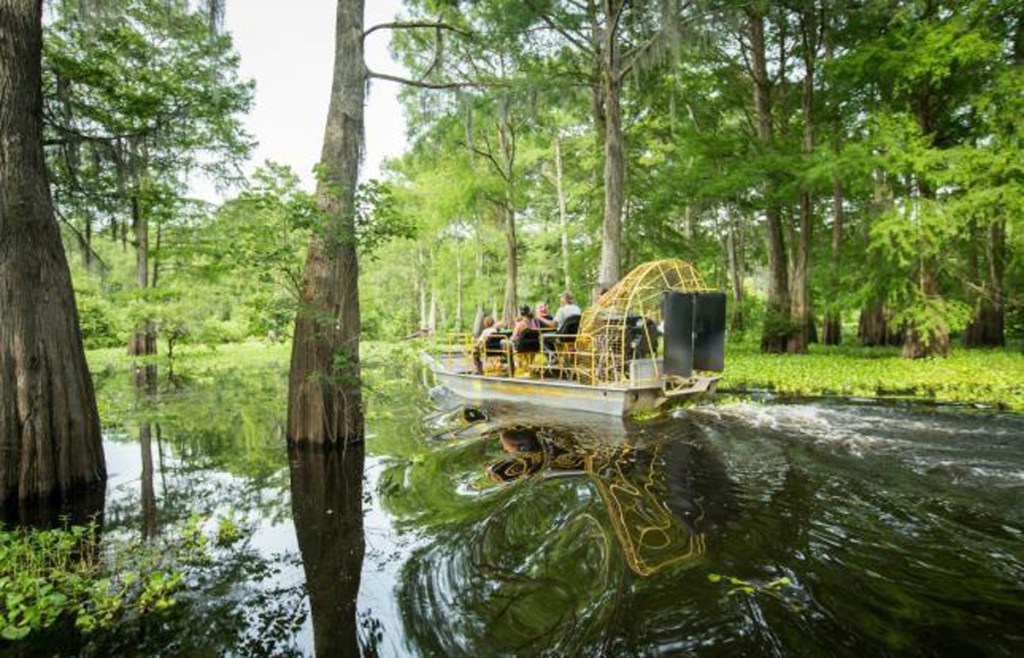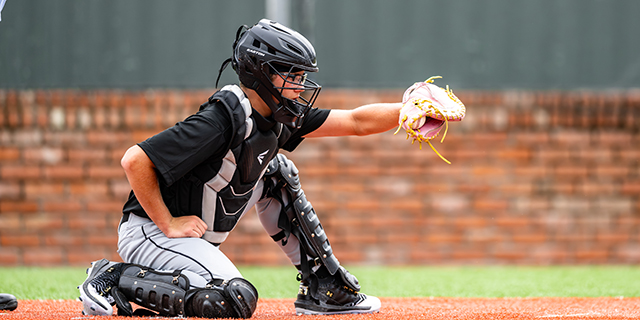Food, music synonymous with Cajun culture
Published 9:30 am Sunday, November 29, 2020

- Lake Martin stands in the heart of Cajun country and with it, brings a rich history of the people who live in it. For centuries, the Cajun people have been a vital part of Louisiana history.
As algae covers the 800 acres of Lake Martin in Breaux Bridge, Champagne’s Cajun Swamp Tour gives both locals and visitors a glimpse into the past of Cajun culture, a history as rich as the century-old cypress trees that cover its swamps.
“What I consider a Cajun is someone who has the same attitudes with others—people who all enjoy music, fun and family,” said Alan Bourque, a tour guide for Champagne’s Cajun Swamp Tour. “You don’t have to be born here to be a Cajun.”
Bourque said what he loves about Cajun culture is its willingness to accept others into their own families.
“I love meeting people from around the world and showing them how we party down here,” Bourque said.
Michael Nagler, a German native, said he visited the swamp tour to get a taste of what Cajun culture is all about.
“I love it,” Nagler said, but joked about the heat. “I’ve never sweated this much in my life.”
Bourque said he identifies as a Cajun, adding it’s important for any group to celebrate its culture, whatever it is, citing how he celebrates it to honor his family and future generations.
“It’s a lifestyle,” Bourque said.
Lake Martin was used when the Cajuns first arrived in South Louisiana in the middle 1700s, according to Bourque.
“They used the swamps to harvest logs, get their food, their fish, their alligators,” Bourque said. “Parents would even use the swamps to take their children to school.”
Before traversing through the swamps of Lake Martin, the original Cajun settlers traveled a much further distance, according to Michael Martin, a professor of history at the University of Louisiana at Lafayette.
“‘Acadian’ refers to people who originally migrated from France to a place that was later known as Acadia in what is now the modern-day Nova Scotia,” Martin said.
Martin said today “Cajun” is a term that kind of becomes a blanket term in its meaning.
“A certain group of people who live in southwest Louisiana and others itself but we cannot initially say where the word ‘Cajun’ is derived from,” Martin said.
Martin said keeping the Cajun history is vital for future generations.
“Practicing the values of Cajuns and its history is important—for both education and its culture and in some ways, it attracts people to Louisiana, especially south Louisiana,” Martin said.
Martin said that in other cultures these elements are needed in the U.S.
“So if we lose that and we all become the same, it would bring fundamental changes to everyone who identifies as a ‘Cajun,’ both here and around the country,” Martin said.
Kaitlyn Guidry, a junior accounting major at UL Lafayette who said she identifies as a Cajun, noted the uniqueness that comes with the culture.
“I love the accents especially,” Guidry said. “I even have one myself.”
Guidry added another aspect for Cajun culture to her is family, citing how they always come first.
“I go to my granny’s every Sunday to eat lunch,” Guidry said. “You know, good Cajun food is always popular around here.”
Guidry said it’s important to practice those Cajun values because family is big to her.
“I feel like being a Cajun, you hold your traditions and values very high,” Guidry said.





